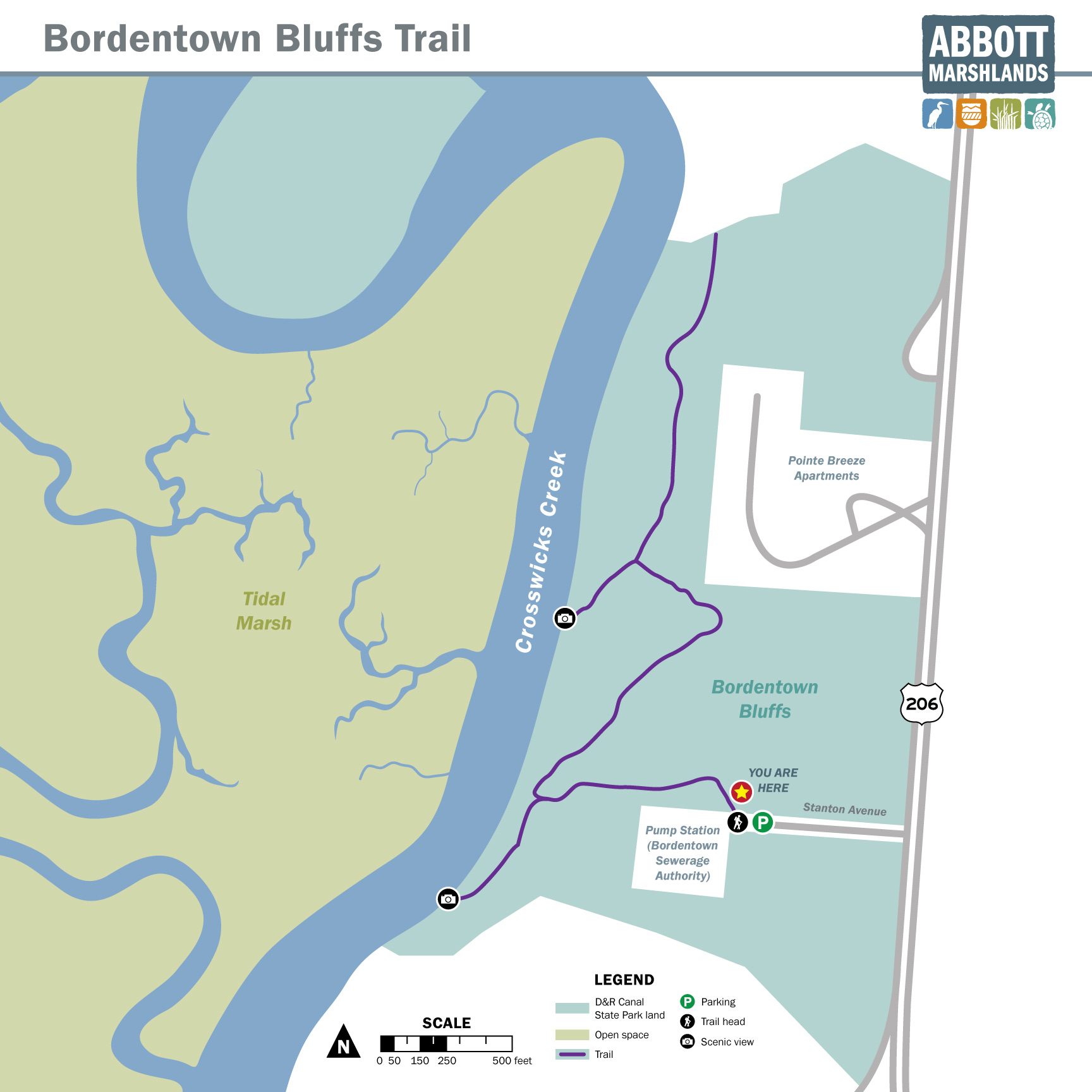
Guests such as Stephan Girard, the wealthiest man in the United States, admired Bonaparte’s art collection, one of the finest in the nation.
Point breeze estate free#
The New York American noted that he “lived the life of a gentleman of accomplished education, refined taste, and liberal hospitality.” The history of New Jersey is sprinkled with reminiscenses lauding Joseph Bonaparte as a kind, generous man, free of bitterness. He enjoyed his role as host to South Jersey’s A-list in the 1820’s. Joseph Bonaparte refused this offer of a third crown.

So did Daniel Webster, President John Quincy Adams and General Francisco Espoz y Mina, the Spanish guerilla leader, who tried to enlist him to don the Crown of Mexico. Henry Clay, the Secretary of State, visited Bonaparte. Prince Charles Lucien Bonaparte had an all-weather passage to meals with Joseph.

When he rebuilt the main house, modeling it after his Swiss chateau, he augmented the tunnel network so that the lake house, the erstwhile lodging for Prince Charles, was connected to the main house. When the original mansion burned, Bonaparte, with help from his neighbors, saved virtually all his art, books, and other treasures thanks, in part, to the tunnels. He extended the archway until it became a tunnel that led all the way back to the house.

He built a stone archway over a patio on the bank, under which he hosted picnics for the Bonaparte family and guests. The tunnels grew out of Joseph Bonaparte’s idea to improve the banks of Crosswicks Creek. He constructed scale models prior to breaking ground for any new structure on the property. The tunnels piqued the curiosity of his neighbors, who imagined that the ex-king might one day need a secret escape route to outwit an enemy but, as a former servant recalled in 1891, the tunnels represented nothing so nefarious.Īrchitecture was a hobby for Joseph Bonaparte. The mansion was connected via tunnels to outlying homes and lookout structures. From his balcony, he enjoyed the sunsets, which he likened to those of Venice. Joseph Bonaparte’s mansion overlooked the confluence of the Delaware River and Crosswicks Creek. Prince Charles, an esteemed ornithologist, formed ties with Audubon, joined the Academy of Natural Sciences in nearby Philadelphia, and worked on his completion of Alexander Wilson’s classic American Ornithology during his residence with Uncle Joseph. Swans and other birds made the lake their home, much to the delight of Joseph Bonaparte’s nephew, Prince Charles Lucien Bonaparte. Guests sailed to the islands in small boats shaped like swans. Joseph Bonaparte revitalized his New Jersey estate in European style, planting trees and ornamental shrubbery, marking gracefully curving paths, and damming Crosswicks Creek to make his own lake, which featured islands upon which he planted exotic flora.
Point breeze estate full#
Two British frigates tried to block their passage-they thought the ship carried Napoleon, rather than Joseph Bonaparte–but the Commerce evaded them, and moored safely.įrom New York, Bonaparte was shuffled to Philadelphia, where Henry Clay, Secretary of State, provided the ex-king a hotel room.Bonaparte stowed most of his valuables in Switzerland, but he toted a suitcase full of jewels as he traveled from Philadelphia to Bordentown to buy an estate known as Point Breeze, where Joseph Bonaparte built an oasis from the sometimes turbulent Bonaparte family history, and carved his name in the history of New Jersey. Captain Misservy of the Commerce collected 18,000 francs to carry an “ordinary passenger,” complete with entourage, to New York.īonaparte pressed the captain to put him ashore on Long Island, but the captain refused. Joseph Bonaparte was smuggled into the country in disguise. He occupies a unique place in the history of New Jersey. Wendy Cooper notes that Joseph Bonaparte was “one of the most significant catalysts in disseminating European culture and artistic knowledge to early nineteenth century Americans.” Joseph Bonaparte, the ex-king of Spain, was happy in Bordentown, at peace with his exile.

New Jersey passed a bill to allow Joseph Bonaparte to purchase land, and thereby secure a foothold for the Bonaparte family on American soil. The Bonaparte family tree and the history of New Jersey merged when Joseph Bonaparte built an estate at Point Breeze, near Bordentown, on the Delaware River.įirst France, then Spain shunned Napoleon’s older brother, Joseph Bonaparte, but New Jersey welcomed him.


 0 kommentar(er)
0 kommentar(er)
